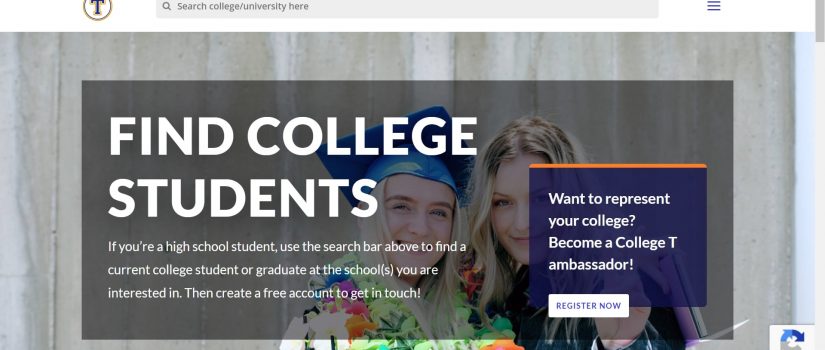A Guide to Career Services for Parents and Students
Career services offices have come under criticism in the education press. Prior to starting this site, I worked with college career counselors at over 300 schools of different types, two-year and four-year, liberal arts and pre-professional. The vast majority of college career counselors are caring and sincere people, and do their best with the resources they have. Parents are increasingly concerned about their child’s job prospects after they finish college. However, career services are quite different than they were when they or I attended college.
My friend, William Hill, formerly Assistant Dean for Career Development at Monmouth University (NJ), and Interim Director of Career Services at Georgian Court University (NJ) will tell you more when you click this link.
Like any other profession, career services has its best practices, as Will tells you in this interview. The very best career services offices seek students out early in their freshman year. They do this either as part of the orientation program before classes or within introductory courses that are part of their college’s first-year experience. In this interview Will tells parents and prospective students how to learn about a career development center as they visit colleges on campus tours or attend open houses.
As you will learn in this interview, these offices fill many roles, including:
Encouraging, in fact, often requiring, students to register with the career center’s jobs database
Their database includes part-time “survival jobs” and College Work-Study jobs. It also includes the internships and full-time positions that may interest these students later in their education.
Encouraging and assisting students to develop a resume
Most students enter college with little in the way of work experience while in high school. However, they have other experiences through extracurricular activities as well as skills that might qualify them for part-time work. A resume improves the chances for a student to sell their prospective boss on their skill set.
Helping undecided students towards an academic as well as a career direction
Good counselors know the degree requirements for every degree program under their purview–or they know who to ask. This is especially important for students who may have a rough idea of what they want to study, but are not totally sure. They will have some understanding of possible occupations that fit for each major as well as access to a database of contacts who have consented to meet with students.
Being there to help students who have had a discouraging start to their education
Many freshmen initially choose a major based on what they think a profession will be like, as opposed to what it is actually like. Engineering may sound like a high-paying, inventive and creative profession at first. But students must go through a rigorous grounding in chemistry, math and physics. A student may find that she, for example, loves math, but does not love science as much. Or that engineering problems, as defined in an introduction to the field, are not as exciting to solve as “big picture” science problems. That student may also find that she wants to be an engineering, but has a tough time keeping up with the work in large-lecture classes. A good counselor helps a student consider other majors, fields, and possibly other colleges.
Supporting the faculty.
This is especially important at smaller schools where students are taught by professors who have heavier teaching loads than they might have at a large research university. Faculty at a smaller school do not always have the time to keep with labor market and job information. Sometimes career services and the faculty join together. Their collaboration helps create credit-bearing and paid opportunities with local employers that have both an academic and a job-related component.
One thing, however, that college career counselors will not do any student is hand them a job.
Career services offices place an emphasis on helping a student learn what their career interests might be, and how to pursue them with the help of faculty, contacts and prospective employers. They are not “job placement” offices that match candidates with employers. Will and I discussed this briefly. Over four decades ago, his first job was in a “placement office,” which was mainly used by seniors. While a counselor can offer students guidance, and possibly encourage a company to take a look at someone that they believe to be a strong candidate, they cannot force an employer to interview anyone.
And a final point. The job search for a student seeking a summer internship, a co-op or a full-time job is a job unto itself.
On-campus recruitment helps students in majors such as accounting, computer science, education, engineering and nursing. But it will not be a “be-all, end-all, for-all” for other majors. The job search for such students is self directed. Those who begin to search early in their senior year for their first full-time job or work towards that goal through a formal internship or part-time position are more likely to succeed than the students who panic during the last semester of their senior year.
Need help on the journey to college? Contact me at stuart@educatedquest.com or call me at 609-406-0062.
Want to know more about me? Check out these podcasts!
Listen to my talk, College Is A Learning AND Living Community, hosted by Dr. Cynthia Colon from Destination YOUniversity on Voice of America Radio!
Listen to my talk, What Exactly Is a Good College? hosted by test-prep experts Amy Seeley and Mike Bergin on Tests And The Rest!


